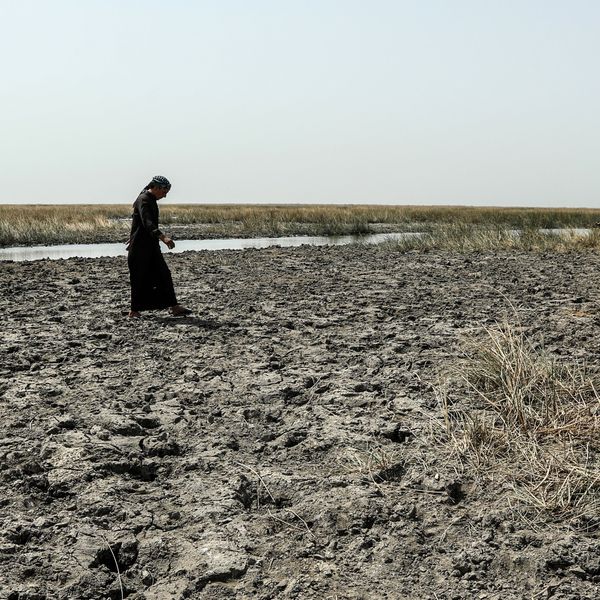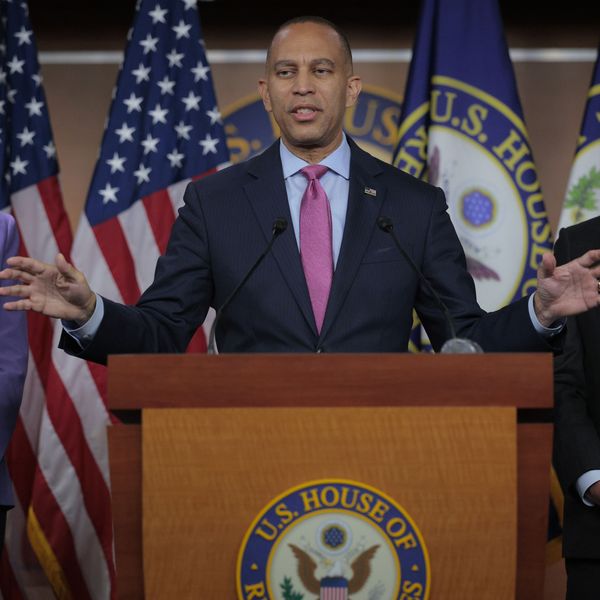The global beef demand has been leading to further deforestation and is contributing to global warming, according to a report released Thursday from the Union of Concerned Scientists (UCS).
The report, Grade A Choice? Solutions for deforestation-free meat, highlights the inefficiency of producing beef: it uses 60 percent of the world's agricultural land yet provides less than two percent of the global calories consumed.
The raising of beef requires large areas of land, often coming at the expense of large-scale clear cutting such as in Brazil. The report notes that though this clear-cut land is poor in crop productivity, it's bought for little money.
The group underscores that this clearing of forests has real impacts for global warming. "Tropical deforestation is responsible for about 15 percent of the world's heat-trapping emissions," UCS states.
Further contributing to global warming, cows release methane, which has "23 times the warming effect of carbon."
"We have a big beef with beef," said Doug Boucher, director of UCS's Tropical Forest and Climate Initiative and a co-author of the report. "Because of the way it is produced, the more beef we eat, the worse global warming gets."


